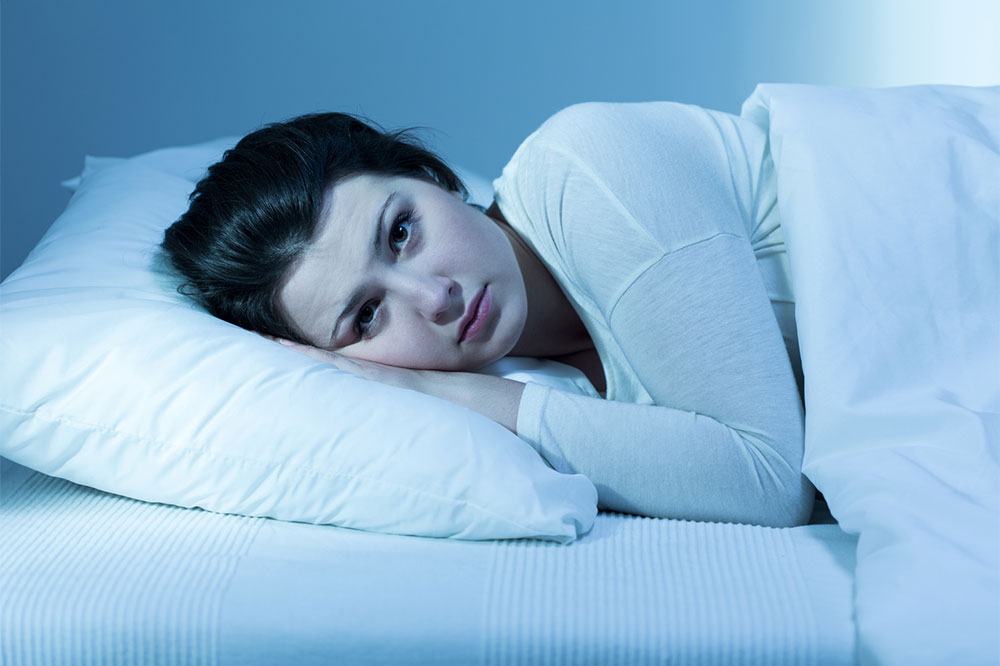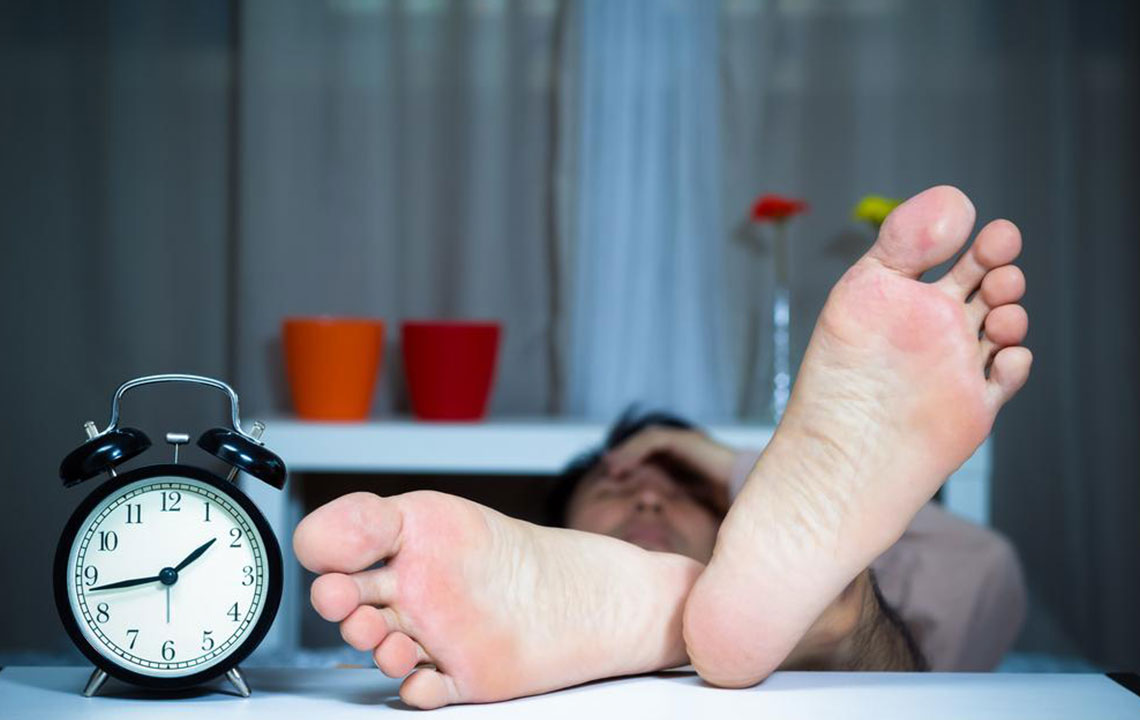Proven Self-Help Tips to Ease Sleep Difficulties
Learn effective self-care methods to improve sleep quality, including establishing routines, managing screen time, and creating a relaxing environment. These tips are suitable for mild to moderate sleep issues and can help reduce daytime fatigue while promoting better rest at home.

Proven Self-Help Tips to Ease Sleep Difficulties
Getting quality sleep is vital for maintaining good health, yet many individuals face challenges like insomnia, snoring, or sleep apnea. These problems can cause tiredness during the day and other health issues. While severe symptoms may need medical care, simple self-care strategies can enhance sleep quality at home.
Maintain a Consistent Sleep Schedule
Establishing a regular sleep and wake time helps synchronize your body's internal clock. Going to bed and rising at the same hours can reduce sleep disturbances. Engage in calming routines before bed, such as listening to relaxing music, reading, or taking a warm bath, to promote easier sleep.
Reduce screen time before bed; electronic devices emit blue light that suppresses melatonin, affecting sleep cycles. Turn off devices at least 30 minutes before bedtime, and avoid using computers, tablets, or watching TV in bed.
Be cautious with evening meals: skip heavy or spicy foods and avoid caffeine, alcohol, and stimulants at least three hours before sleeping, as they can disturb sleep patterns. Make your bedroom a relaxing space by dimming lights and creating a comfortable environment. If snoring or discomfort persists, try different sleeping positions.
These self-care tips are helpful for minor to moderate sleep problems. For ongoing issues, consult a sleep specialist for further evaluation and treatment options.


